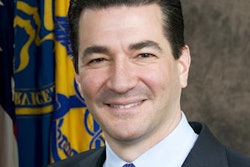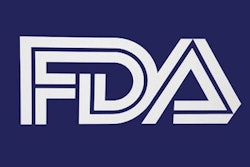The U.S. Food and Drug Administration (FDA) is finalizing plans to establish an alternative 510(k) approval pathway for medical devices it says will be transformative for the industry.
The agency revealed a draft guidance document, "Medical Device Safety Action Plan: Protecting Patients, Promoting Public Health," outlining a new alternative 510(k) pathway in April.
The guidance applied to clearance of low-to-moderate risk devices that are substantially equivalent to a device already on the market, referred to as a "predicate device." Instead of direct comparisons with a predicate device, the traditional regulatory route, the FDA said it would support a finding of substantial equivalence based on data showing the new device meets or exceeds the level of performance that is consistent with the performance profile of an appropriate predicate device.
Following a public comment period, the FDA intends to finalize the guidance establishing the new pathway, FDA Commissioner Dr. Scott Gottlieb and Jeff Shuren, director of the FDA's Center for Devices and Radiological Health, announced in a statement.
The new approach will be renamed as the Safety and Performance Based Pathway to reflect a focus on advancing improved safety and performance of new products, the FDA said. It calls for companies to demonstrate a new device meets modern performance-based criteria recognized by the FDA and reflects safety and performance of modern predicate devices.
"We'd like this efficient new pathway to eventually supplant the practice of manufacturers comparing their new device technologically to a specific, and sometimes old, predicate device," the officials said.
Per the safety action plan, the FDA plans to expand the use of the pathway broadly and make it the primary pathway for devices eligible for 510(k) review. This shift will be transformative for the program, the agency said.
The FDA is also looking at ways to promote the use of more modern devices and considering whether it should make public the devices or manufacturers of technologies that rely on predicates that are more than 10 years old.


















